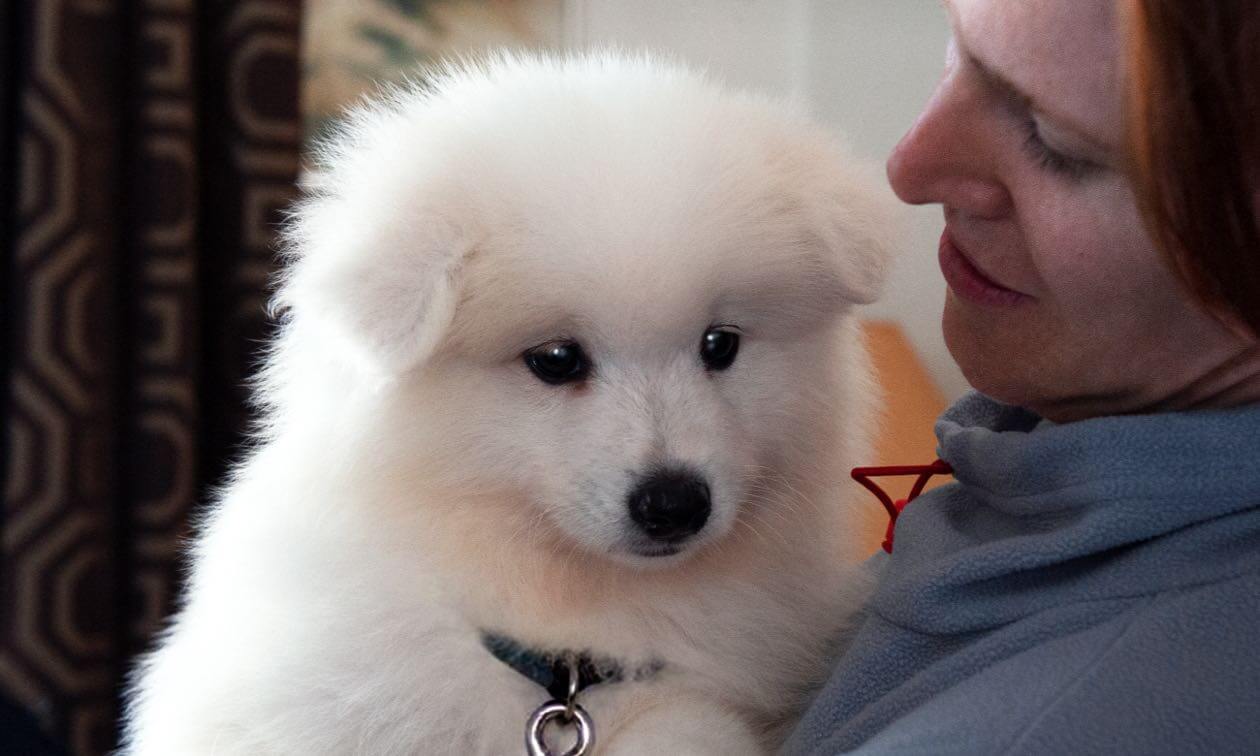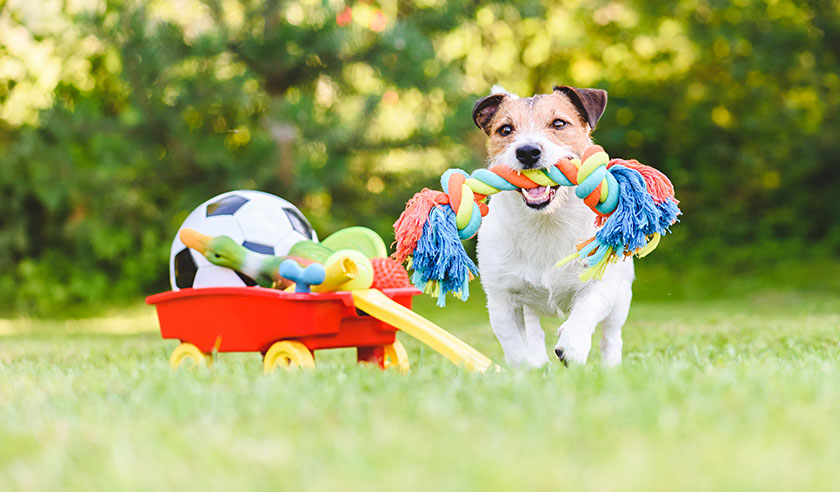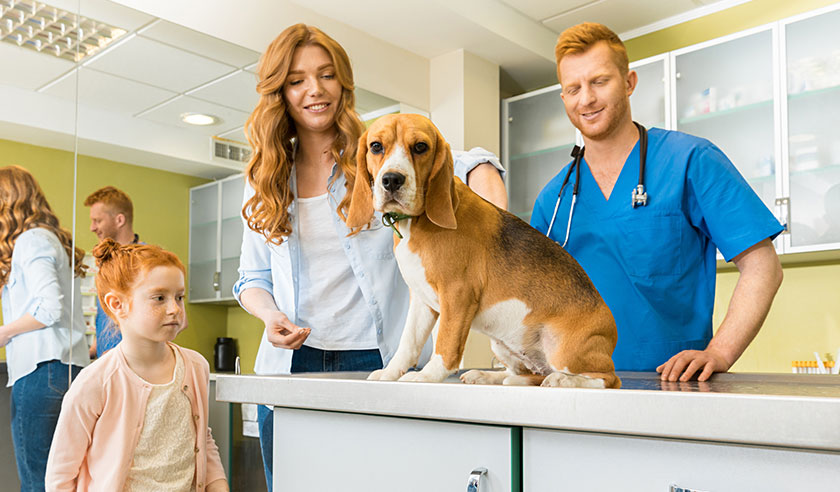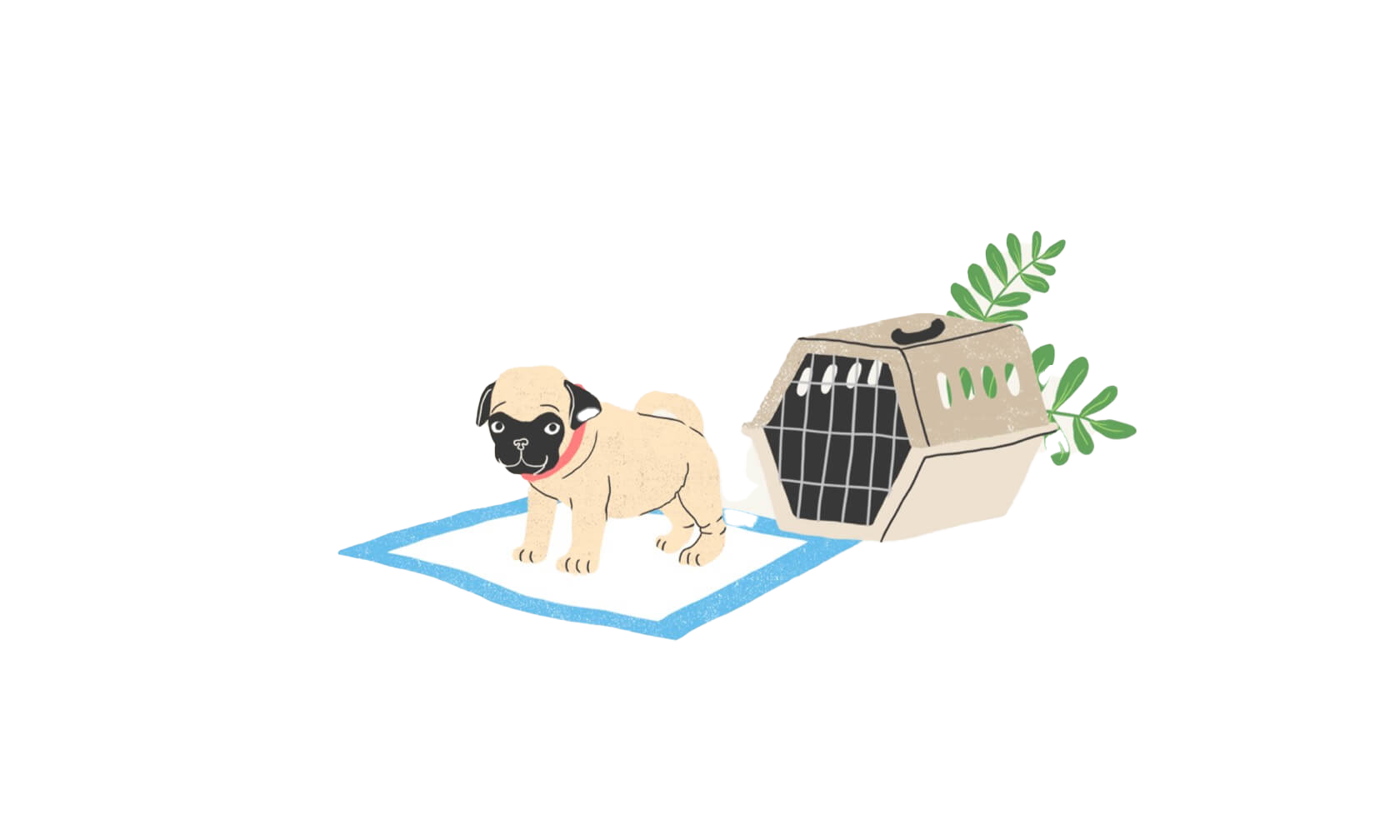If you've decided to add a new puppy to your family, there are lots of things to plan! While it may be tempting to impulse buy a cute puppy you saw posted on social media or at the pet store, you'll want to make sure that your puppy is coming from a responsible breeder and not a puppy mill. Where you get your puppy from can play a big role in their lifelong health and behavior.
What Is a Puppy Mill?
Puppy mills are typically large, commercial breeding facilities that churn out puppies or various breeds or breed mixes at a rapid rate. Some puppy mills may not be based in a large facility but instead run out of a farm or other property. Large puppy mills and backyard breeders place profit over animal welfare.
Because the goal is to profit from selling puppies, the living conditions of the dogs and puppies are unsanitary and cramped. Dogs are often kept in small cages or pens. It's all about volume rather than ensuring the dogs have a good quality of life and receive much-needed socialization and veterinary care. The breeder dogs at the puppy mills can be kept for years in inhumane conditions.
Puppies from puppy mills are often sold through pet stores. Fortunately, an increasing number of cities, counties, and states are banning sales of puppies at pet stores to stop commercial breeding. However, in response to this crackdown, many puppy mills have moved online, advertising their puppies for sale on websites and social media.
Why Are Puppy Mills Bad?
Puppy mills are not only bad for the breeding dogs and puppies born and raised there, but they also damage the entire dog population. The inadequate healthcare, lack of attention to genetic problems, inappropriate nutrition, and the conditions the dogs live in severely affect long-term health and behavior.
Unsuspecting puppy buyers can be taken by surprise shortly after getting their new puppy or even years down the road when they are diagnosed with a medical condition, exhibit severe behavioral issues, have genetic problems or do not meet the breed standards. Even if the puppy grows into a healthy dog, the parents of the dog are made to suffer for years.
Health Concerns for Puppy Mill Dogs
Dogs and puppies at these facilities do not receive adequate preventative veterinary care, socialization or nutrition, which can lead to lifelong health issues.
Sick or injured dogs are often left to endlessly suffer or die because they are not seen by a veterinarian.
Puppy mills do not perform genetic or health testing on dogs they breed, which can result in genetically-based conditions such as hip or elbow dysplasia, heart defects, eye defects, cryptorchism, or demodicosis being passed down from generation to generation.
The breeding females are often undernourished and generally receive little medical care. They are bred repeatedly, with each heat cycle, without time between litters to fully recover. This is very stressful on their bodies.
The puppies are usually prematurely weaned from the mother, which causes emotional trauma to the mother dog and puppies. When the females are no longer able to produce puppies. At that point, they are usually auctioned off, abandoned, or euthanized.
Behavioral Concerns for Puppy Mill Dogs
Studies have shown that for both the dogs kept in puppy mills as breeders and for the puppies coming out of these environments, there is a significantly higher rate of extreme fear, phobias, compulsive behaviors, and decreased energy and trainability[1].
For puppies, early life experiences and learning is integral to lifelong behavior. If they are born and grow up in a puppy mill environment, they lack regular human socialization. This can cause fear, anxiety, and human-directed aggression in the future. With no exposure to a variety of environments and experiences they are likely to have later in life, puppies can be easily overwhelmed and shut down when they go to a new home or participate in what is considered "regular" activity, such as walking on grass or visiting the groomer or veterinarian.
Puppies and dogs from puppy mills also tend to have long-term potty-training issues. Because they are raised in small and unsanitary cages, they soil where they sleep and eat. This makes learning to use a designated potty area (such as a pad or outside) extremely difficult.
Adult dogs lucky enough to be sold or rescued from a puppy mill breeding life are often so psychologically damaged that training and behavior modification requires an intensive and lifelong commitment. They have never learned how to live in a "normal" home.
How To Spot A Puppy Mill
There are a few red flags to watch out for that can mean a puppy is coming from a puppy mill:
- You cannot see the "home" or kennel where the puppy was raised.
- You cannot meet the parents of the puppy.
- The breeder has multiple breeds or breed mixes available from their kennel. Especially "exotic" or in-demand breed mixes.
- Cheaper than usual pricing for that breed or extremely expensive pricing.
- The breeder seems to always have puppies available.
- There is no puppy contract or minimal paperwork required to purchase the puppy.
- They offer puppies at ages younger than 8 weeks old.
- There are no records or veterinary exams, and the vaccines are not given by a veterinarian. Puppy mills will vaccinate the puppies themselves.
- The puppy is posted for sale online or on social media.
How To Avoid Puppy Mills
You want your new puppy set up for success, and where they come from sets the foundation. Do a lot of research and ask a lot of questions.
- Do not purchase a puppy from a pet store.
- If you know the dog breed you want, connect with the local and national breed clubs for a list of breeders they may recommend so you can contact them individually.
- Go to local dog shows and events to connect with dog breeders and see their dogs in action. Talk to other spectators and participants for recommendations for a reputable local breeder.
- Always ask for referrals from people who have purchased a puppy from a breeder.
- Ask the breeder what health and genetic testing they have done on the breeding pair to rule out health issues prevalent in that particular breed.
- Ask about vaccinations and veterinary care the puppies receive before going home. Make sure you get paperwork that backs this up.
- Make sure there is a breeder contract. Reputable breeders will have a clause about taking the puppy back (at any age) if there is an issue or other circumstance that means you can't keep the dog. This helps prevent their dogs from ending up in shelters.
- Ask to see where the puppies are raised and to meet the puppies' mother (the father too, if possible, but often the father of the litter is not a part of the same home).
- Be ready to wait. Responsible breeders will likely have a waitlist as they space out their litters to ensure the mother's health and early life learning of each litter.
- Never buy from someone who will sell you a puppy younger than 8 weeks of age.
And remember, purebred dogs and puppies can end up in shelters and rescues. Talk with your local shelter about the breed you're interested in and research breed-specific rescues that specialize in your chosen breed.
ZPC-02560
- Puppy Mills: The Scientific Evidence of the Harm They Cause to Dogs. Center for Shelter Dogs. https://centerforshelterdogs.tufts.edu/blog/puppy-mills-the-scientific-evidence-of-harm-they-cause-to-dogs/. Accessed February 19, 2023.





